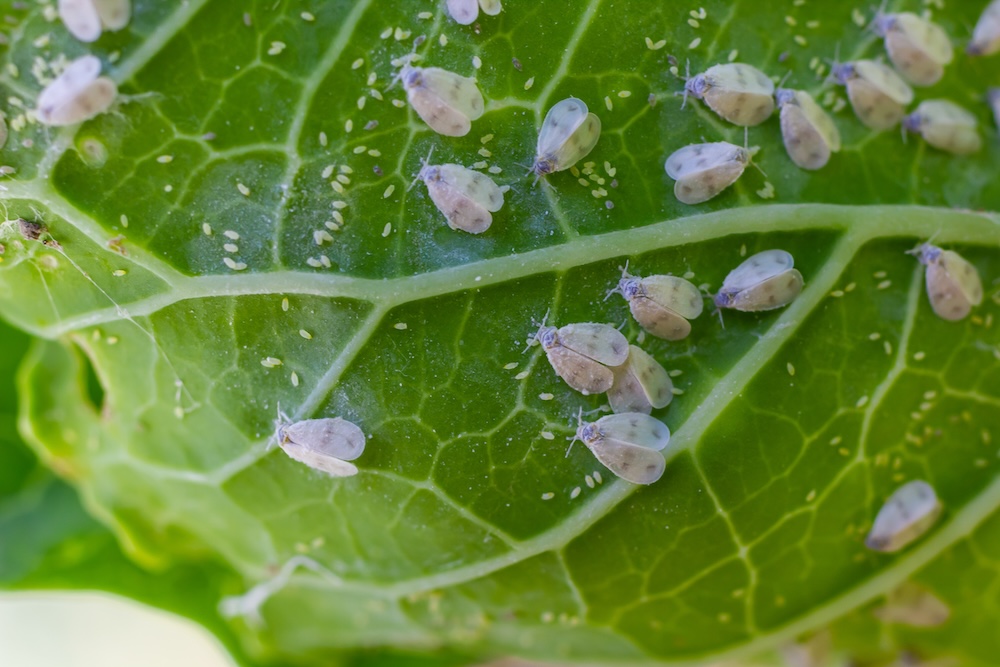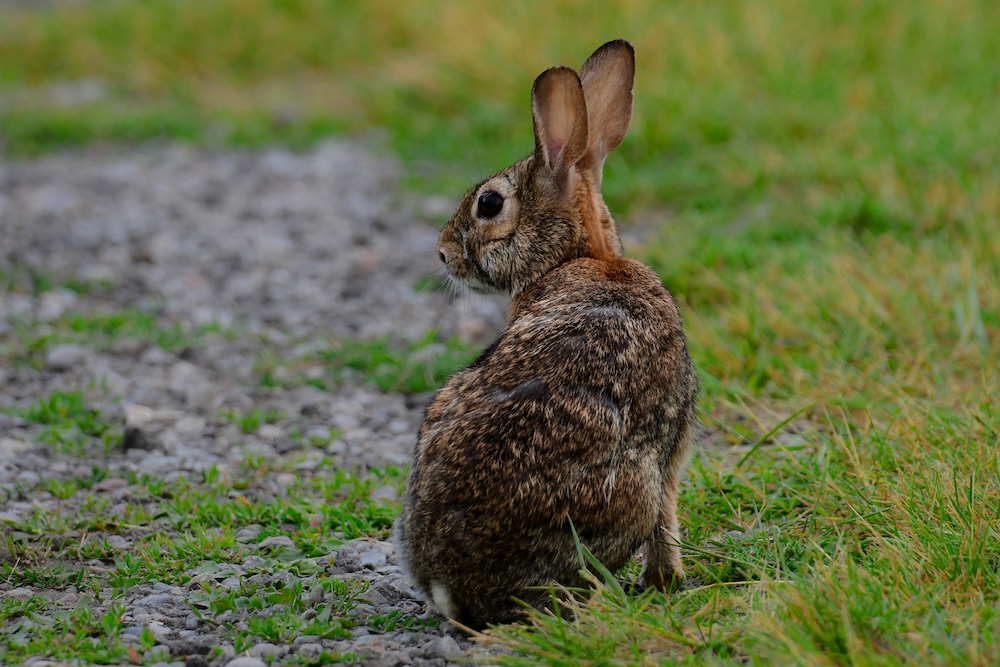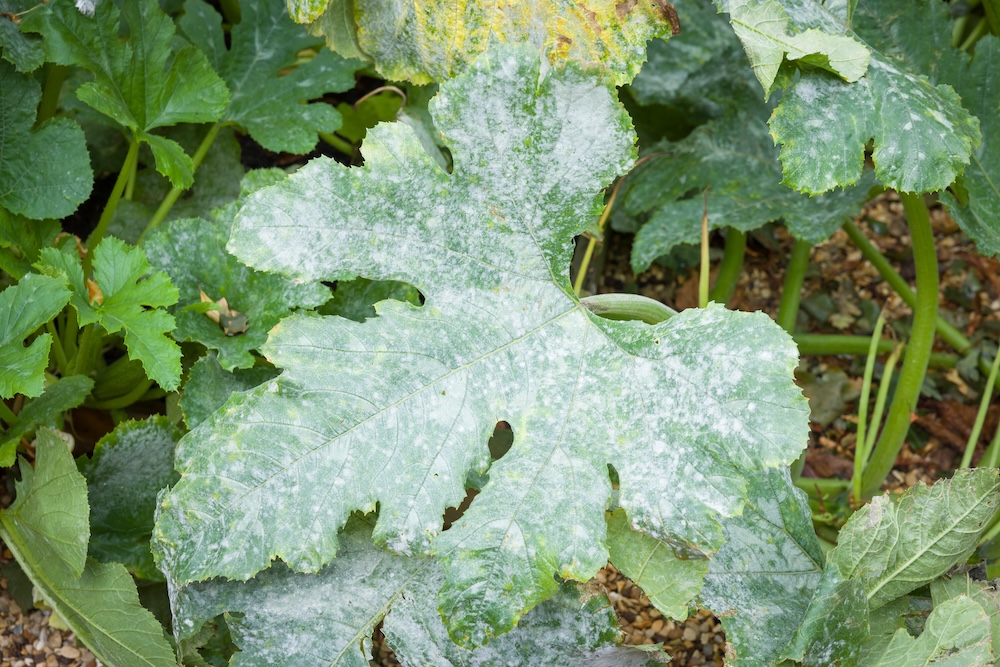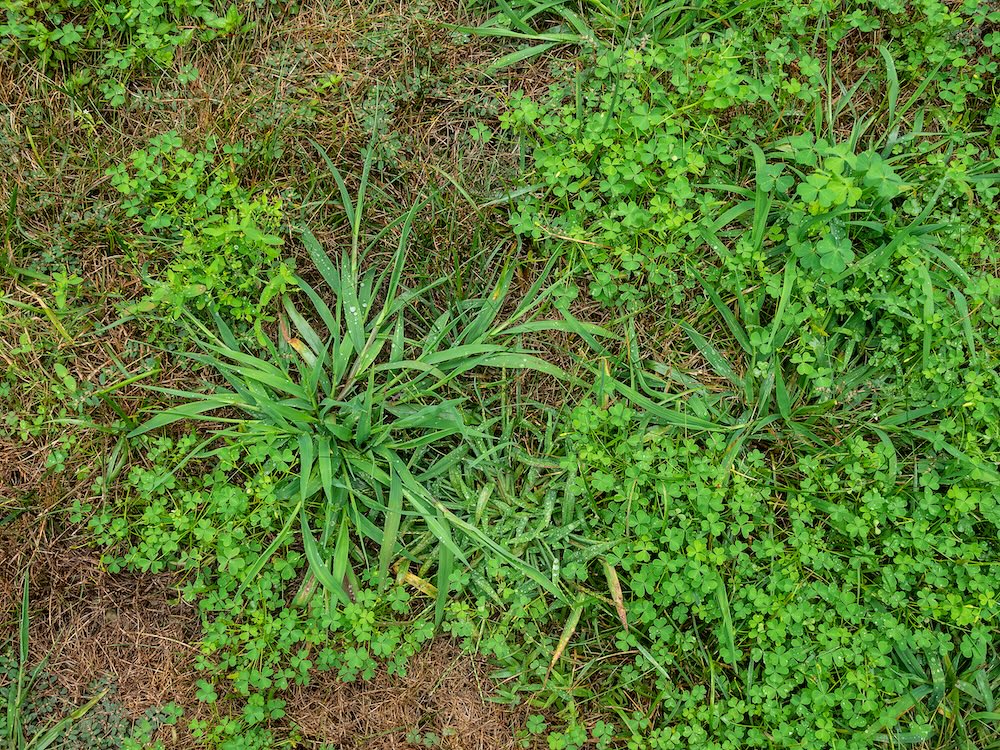Pesticides and Herbicides
We offer a variety of pesticides and fungicides for your outdoor garden.
Gardening pests come in many forms, and managing them requires different approaches depending on the type of pest.
Have a pest you can’t get rid of? Our expert gardeners can help.
Insects
Aphids, caterpillars, beetles, whiteflies, spider mites, and slugs/snails.
Treatment:
- Organic: Hand-picking, insecticidal soaps, neem oil, or introducing beneficial insects like ladybugs or predatory nematodes.
- Chemical: Use of specific insecticides targeting the pest, though these should be a last resort as they can harm beneficial insects.


Rodents & Mammals
Mice, voles, rabbits, squirrels, deer.
Treatment:
- Organic: Physical barriers (like fencing or row covers), repellents (natural or commercial), or traps.
- Chemical: Some chemical deterrents are available but should be used with caution around pets and other wildlife.
Fungal Diseases
Powdery mildew, rust, root rot, and blight.
Treatment:
- Organic: Ensure proper air circulation, avoid overhead watering, and use fungicidal sprays such as copper-based fungicides or baking soda mixtures.
- Chemical: Use fungicides if an infestation becomes severe.


Invasive Weeds
Crabgrass, dandelions, and other aggressive weeds.
Treatment:
- Organic: Mulching, hand-weeding, or using organic herbicides like vinegar solutions.
- Chemical: Use of pre-emergent or post-emergent herbicides designed for specific weed control.